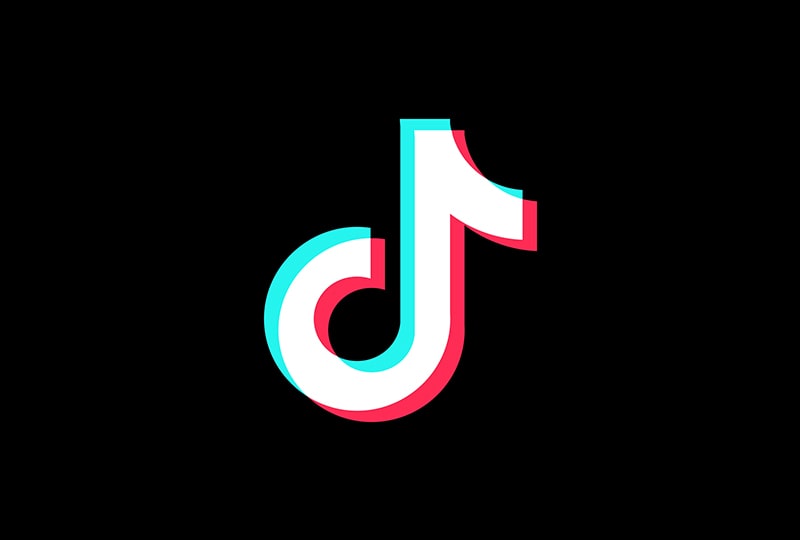TikTok’s indie label renewal terms paint a bleak picture
Details of TikTok’s indie renewal deals are beginning to leak, and it isn’t looking promising.
As TikTok’s current licensing deal with Merlin – a global collective representing thousands of independent labels – approaches its expiration, the platform has shifted its strategy, bypassing Merlin and seeking direct agreements with indie labels. Details of these agreements are starting to emerge, and it’s just as we might have expected.
Recently, speculation about TikTok’s contracts with independent labels has raised alarms throughout the indie music community. While Merlin previously negotiated collective licensing deals on behalf of indie labels, ensuring better remuneration and rights protection, TikTok’s direct deals appear to offer less favorable terms. The deal between TikTok and Merlin is set to expire on October 31st. With this date fast approaching, indie labels are being forced to decide quickly, or have takedowns enforced upon them after October 25th.
While TikTok cites it decision to break from Merlin as being down to quality control, it’s widely speculated that it’s more about cutting costs. Without Merlin negotiating on indie labels behalves, TikTok can use its upper hand as it pleases.
Now, as details of deals (made under NDA) between TikTok and labels leak, it appears that TikTok is indeed using its upper hand heavily, presenting an ultimatum; accept a hefty pay cut or kiss goodbye to TikTok.
Variety has been in contact with sources from both sides of the equation. TikTok sources have suggested that new deal will be “as good or better” than previous deals through Merlin. However, indie label sources disagree, with one source saying the rate its been offered is “less than half”.
The indie music community views TikTok’s decision to bypass Merlin as an attempt to fragment the collective strength of indie labels. Many industry figures have voiced concerns that this will lead to a downward spiral in the value of independent music on TikTok. Reports suggest that these new contracts offer considerably lower financial returns for the use of music on the platform. Independent trade bodies, including IMPALA and AIM, have criticised the move, warning that indie artists and labels may be left with little choice but to accept less favourable terms if they want to continue having their music featured on TikTok.
Given that TikTok is one of the most influential platforms for music discovery, especially for emerging artists, this development could have significant implications. Without the bargaining power of a collective deal, individual indie labels may find it difficult to secure the same level of exposure and financial support they previously enjoyed. As these contract details continue to emerge, the indie music community is facing a critical moment in its relationship with the platform.
